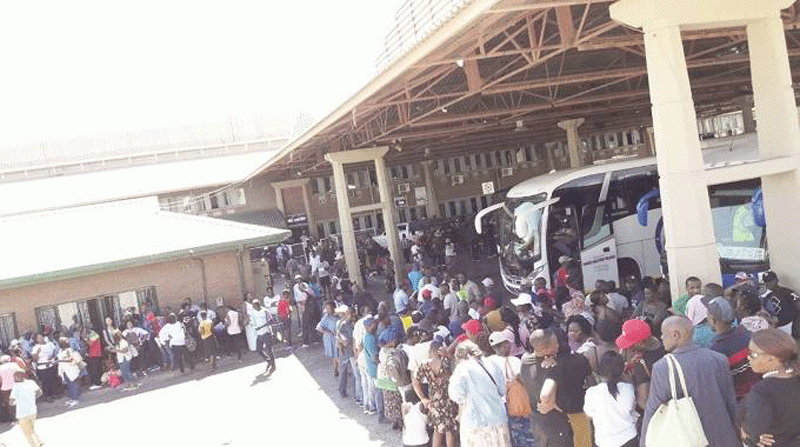
Efforts by the government to double the production of wheat in the forthcoming winter wheat season are a welcome development.
The government on Tuesday announced plans to finance a 26 280-hectare winter wheat programme for this year with requirements amounting to $20 million.
The targeted hectarage has a projected output of 75 000 tonnes compared to the 14 100 hectares planted last year with an output of 41 000 tonnes.
As part of measures to ensure food security, the government has for several years supported farmers by providing inputs and loans at concessionary rates.
The results have, however, been disappointing with most farmers failing to meet their end of the bargain.
Despite support from central government, some farmers have not bothered to pay back the loans, leaving the government to scrounge for new finance at the beginning of each farming season.
It, therefore, brings a breath of fresh air to note that going forward, agriculture strategies will be on a cost-recovery basis with a view to establishing a revolving fund in line with the three-year rolling financing strategy proposed in the 2012 National Budget.
“We expect our farmers to repay the money so we can roll it over, but we have to deal with the debt which we owe to manufactures of fertilisers and at the present moment we owe $40 million in respect of agricultural input, close to $20 million to Zesa, $20 million to Zinwa, $60 million to NetOne and $30 million to TelOne,” Finance minister Tendai Biti said on Tuesday.
- Chamisa under fire over US$120K donation
- Mavhunga puts DeMbare into Chibuku quarterfinals
- Pension funds bet on Cabora Bassa oilfields
- Councils defy govt fire tender directive
Keep Reading
The minister could not have put it more directly. Farming is a business and, therefore, they should repay loans. The government cannot perpetually fund their activities without benefit.
There is no doubt that the Ministry of Energy and Power Development and Zesa have to ensure power is available to those farmers that would have put the crop under production so that they can maximise the support given.
Wheat being an irrigated crop relies on energy. Without power, the resources will be greatly wasted.
As much as it is a noble idea to unveil various support schemes, the government must guard against the abuse of such schemes.
The media was recently awash with reports of ministers, senior government officials, MPs and service chiefs, who looted inputs during the run-up to the 2011-12 agriculture season.
The looting by people who should be purchasing the inputs as they have the means, has left thousands of ordinary resettled farmers desperate.
We hope the voucher system put in place to enable farmers to access the inputs will not be abused and that the Grain Marketing Board will maintain an audited register of participating farmers with the Ministry of Agriculture to monitor the programme.











